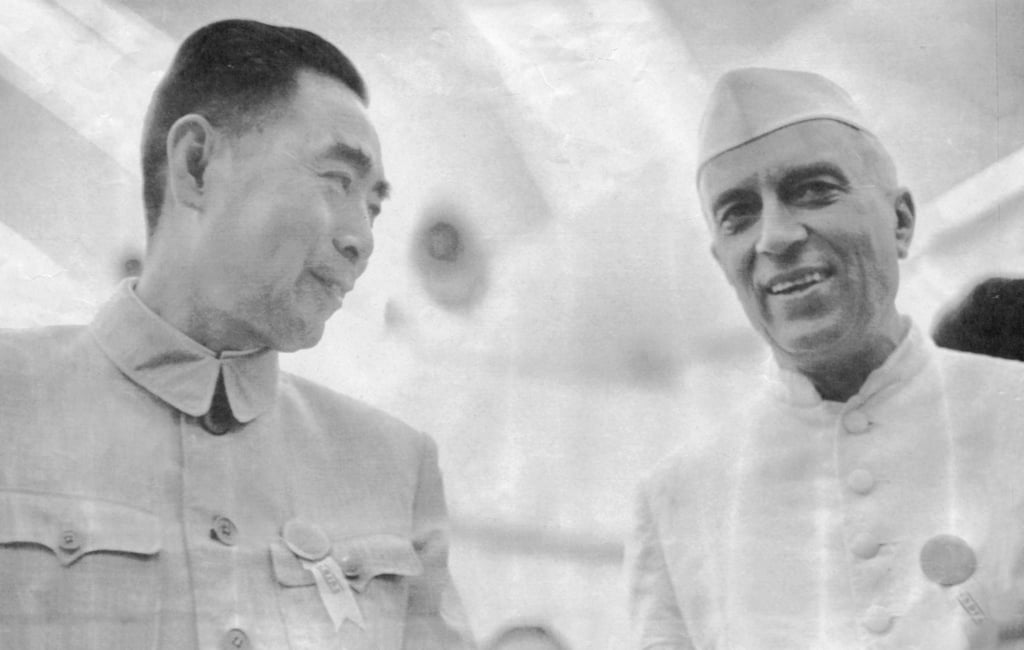Advertisement
Outside In | Expanded Brics could be successor to the non-aligned movement
- The grouping is not just held together by postcolonial grievances, but as its economic heft has grown, it has become a voice of the aspirations of the Global South today
- The expansion of the group only adds to its representation of diverse voices and financial firepower
Reading Time:4 minutes
Why you can trust SCMP
16

Sceptics used to joke that the Asia-Pacific Economic Cooperation (Apec) forum was an adjective in search of a noun. Others turn to the Brics bloc and ask: “Brics is all very well, but where is the mortar?”
Advertisement
As South Africa hosted the 15th Brics summit this week in Johannesburg, the mortar question has been in the air: what binds a grouping of five countries – Brazil, Russia, India, China and South Africa – that have so little in common? Or the six countries – Argentina, Egypt, Ethiopia, Iran, Saudi Arabia and the United Arab Emirates – that will become members of the group next year?
In the Financial Times, associate editor Janan Ganesh has a mischievous but plausible explanation: “grievance: against western primacy, against past slights”. He is not wrong, but there are other adhesive forces hard at work.
First, Brics is a grouping that has outgrown its name. It has the potential to become the modern-day equivalent of the non-aligned movement.
Born out of the 1955 Bandung Conference in Indonesia, that movement of newly independent nations, which grew to encompass 120 members, insisted on sidestepping the two Cold War power blocs and their military instruments – Nato and the Warsaw Pact.

This week, in a nationally televised address, South African President Cyril Ramaphosa said Brics members sought “a world that is more equitable, balanced and governed by an inclusive system of global governance”. He added that “the value of Brics extends beyond the interests of its current members” and that “an expanded Brics will represent a diverse group of nations with different political systems that share a common desire to have a more balanced global order”.

Advertisement
